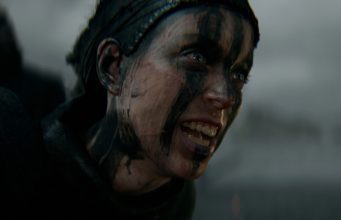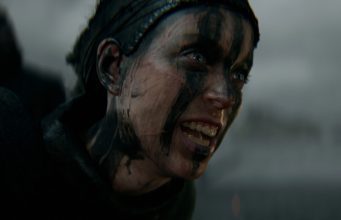

Ninja Theory, the studio behind award-winning VR-supported game Hellblade: Senua’s Sacrifice (2017), says there are currently no plans to bring its upcoming sequel to VR.
Unlike the first game, which brought PC VR support in a free update in 2018, it doesn’t appear we should hold out hope for a similar release for the upcoming sequel Senua’s Saga: Hellblade II.
According to a PCGamesN interview with Ninja Theory, studio head Dom Matthews was asked directly if such a VR update was in the cards, which was met with an unambiguous “no.”
Coming to PC and Xbox consoles on May 21st, Senua’s Saga: Hellblade II promises a fateful return of protagonist Senua as she continues her brutal journey of survival, this time taking her to Viking-era Iceland where she battles demons from both within and without.
Hearing we shouldn’t expect official VR support anytime soon (or at all) is a shame, since the first was such an amazing way to experience the game. But all is not lost.
Notably, Senua’s Saga: Hellblade II is built in Unreal Engine 5, which will likely allow would-be modders to inject UEVR, which brings retroactive VR support to games like Palworld among many other UE4 and UE5-based titles not initially built for VR.
There’s also the more remote possibility the studio decides to follow suit and release VR support sometime later like it did with Hellblade: Senua’s Sacrifice, releasing it as a free update one year after the game’s initial launch—although that seems somewhat doubtful.
Much has changed since 2018—back when PC VR was essentially the only way to experience high-quality VR. Generally speaking, development on PC VR titles has taken a back seat as the glut of consumers has since moved on to standalone platforms such as Quest 2 and 3. Those platforms typically require developers to rebuild games entirely to fit mobile chipsets, which is a time (and money) consuming process.
Justifying those billing hours to bring its new and shiny sequel even to PC VR may simply not be in the budget for now, as the studio is undoubtedly focused on making sure its sequel makes a bigger splash with its core audience than the BAFTA award-winning original.






